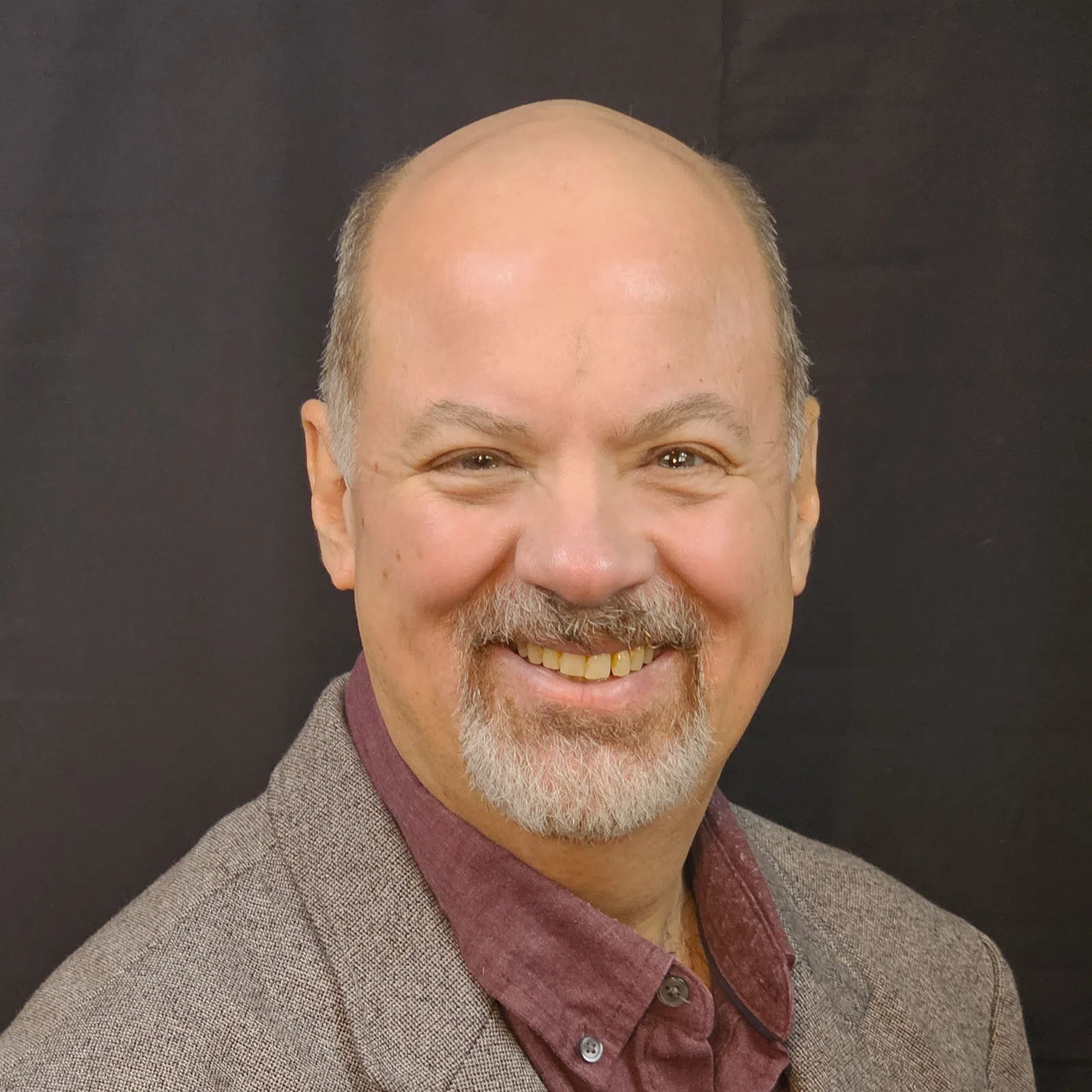A coalition of patient advocates, nurses, hospitals and grassroots organizations is advancing a 2022 ballot measure effort to expand Medicaid in South Dakota.
The organizations have formed a ballot committee called South Dakotans Decide Healthcare.
The group has already submitted ballot language to the Attorney General for review.
The filing is the first step in a process that would let voters decide whether to expand health care in the state for over 40,000 poor South Dakotans.
Below is the group’s news release.
…..
A broad coalition of patient advocates, nurses, hospitals and grassroots organizations is advancing a 2022 ballot measure effort to expand Medicaid in South Dakota.
The group, which includes the American Cancer Society Cancer Action Network, AARP South Dakota, Avera Health, Community HealthCare Association of the Dakotas, Great Plains Tribal Leaders Health Board, Monument Health, Sanford Health, South Dakota Association of Healthcare Organizations, South Dakota Farmers Union, South Dakota Medical Association and South Dakota Nurses Association, recently formed a ballot committee called South Dakotans Decide Healthcare. The group has already submitted ballot language to the Attorney General for review.
The filing marks the first step in a process that would let voters decide whether or not to expand health care in the state for over 40,000 hard-working South Dakotans, including thousands of veterans, farmers, ranchers, parents and near-retirees who have jobs that do not provide health coverage. Signature collection is expected to begin in the spring.
“Our members are very committed to ensuring every South Dakotan has access to affordable healthcare, and that includes expanding Medicaid,” said Tim Rave, President and CEO of the South Dakota Association of Healthcare Organizations. “This initiative will deliver healthcare to hardworking South Dakotans, keep rural hospitals open, and boost our economy.”
Doug Sombke, President of the South Dakota Farmers Union, said all South Dakotans need access to health care — regardless of where they live.
“We have too many South Dakotans working on ranches and for small businesses who still don’t have access to healthcare,” Sombke said. “That’s particularly true in rural areas where hospitals may close if we don’t act. We have entire communities at risk.”
Laurie Jensen-Wunder, a Sioux Falls resident and the sponsor of the petitions, highlighted the importance of Medicaid expansion to patients and their families.
“As a cancer survivor and retired nurse, I know firsthand how important it is to prevent and catch chronic diseases early, and how many hardworking families are struggling right now without access to healthcare. Expanding access to care for low-income South Dakotans is a matter of life and survivorship. I’m proud to be part of a coalition of respected South Dakota organizations that are working together so that our families, friends and neighbors have access to quality, affordable care.”
In recent years, voters in conservative states around the country have passed Medicaid expansion through ballot initiatives. In 2018, voters in Idaho, Utah and Nebraska passed Medicaid expansion, and earlier this year, voters in Oklahoma and Missouri both did the same. Thirty-eight states have now expanded Medicaid.






Comments